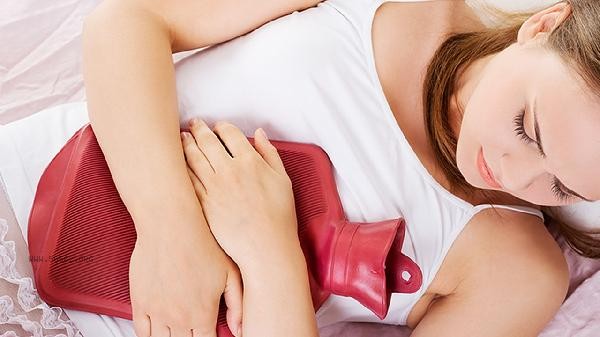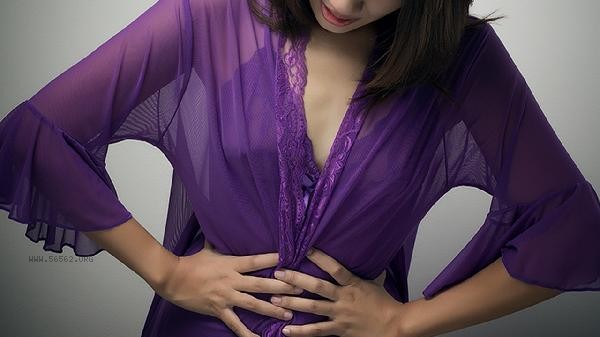Palace cold may affect women's pregnancy, but it is not an absolute factor. Palace cold is usually manifested as menstrual disorders, dysmenorrhea, and other symptoms, which may reduce the probability of conception. The main influencing factors include physical deficiency and coldness, poor lifestyle habits, endocrine disorders, pelvic blood circulation disorders, and abnormal uterine development.

1. Physical Deficiency and Cold
Women with long-term cold hands and feet, and those who are afraid of cold may have physical deficiency and cold problems, which can easily lead to low uterine environment temperature and affect the implantation of fertilized eggs. Daily improvement can be achieved through moxibustion, foot soaking, and other methods. In terms of diet, ginger and red dates can be added as warm tonics.
2. Poor lifestyle habits
Long term wearing of exposed umbilical clothing, excessive consumption of cold drinks, and thin winter clothing may exacerbate uterine coldness. These behaviors can cause the abdomen to catch a cold, leading to abnormal uterine contractions. It is recommended to keep the waist and abdomen warm and avoid contact with cold water during menstruation.
3. Endocrine disorders
Abnormal hormone secretion may cause menstrual cycle disorders, indirectly affecting ovulation function. Common manifestations include dark purple color and blood clots in menstrual blood. The reason can be identified by detecting six hormones, and traditional Chinese patent medicines and simple preparations such as Dingkundan and Aifu Nuanggong Pill can be used for conditioning under the guidance of doctors when necessary.

4. Pelvic blood circulation disorders
Prolonged sitting or pelvic adhesions may lead to poor local blood circulation, and insufficient uterine blood supply can reduce endometrial receptivity. It is recommended to engage in half an hour of brisk walking or yoga exercises every day, and in severe cases, treatment with blood activating and stasis removing drugs is necessary.
5. Abnormal uterine development
Organic problems such as congenital uterine malformations or intrauterine adhesions may be accompanied by uterine cold symptoms, which need to be diagnosed through ultrasound examination. For developmental abnormalities such as uterine septum and unicornuate uterus, hysteroscopic surgery may be necessary for correction. If pregnant women have symptoms of uterine coldness, it is recommended to seek treatment 3-6 months in advance. Daily consumption of longan goji berry tea as an isothermal supplement can avoid staying up late and overexertion. Pay attention to keeping your feet warm in winter, soak your feet in warm water at around 40 ℃ for 20 minutes before going to bed. Moderately apply hot compress to the waist and abdomen, but avoid menstruation. If the condition does not improve after adjustment, it is necessary to seek medical attention promptly to check for diseases such as polycystic ovary syndrome and endometriosis. Maintaining a regular schedule and a happy mood can also help improve the uterine microenvironment.






Comments (0)
Leave a Comment
No comments yet
Be the first to share your thoughts!